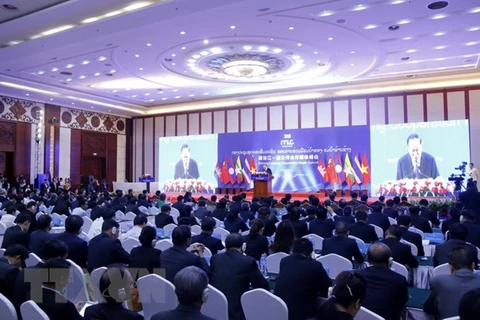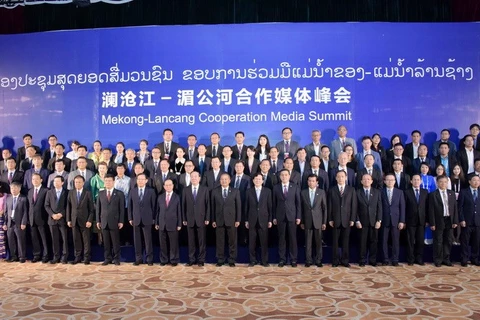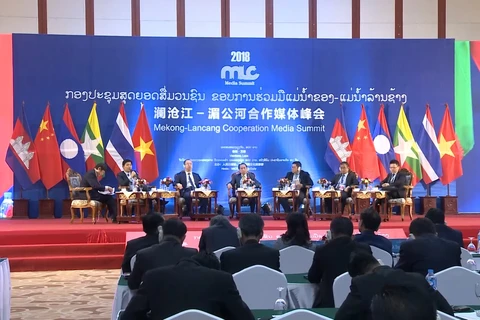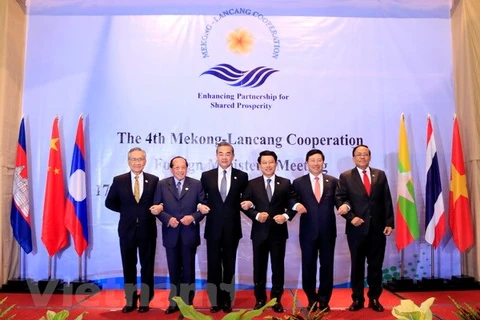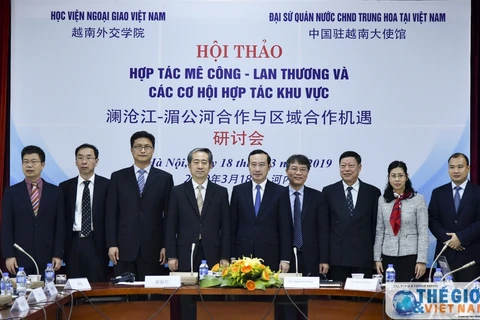Vientiane (VNA) – Delegates from Laos, Cambodia, China, Myanmar, Thailand and Vietnam gathered in Vientiane from June 27-28 for a workshop themed Mekong-Lancang forum on sustainable development of information and communication technology (ICT).
Opening the workshop on June 27, Lao Deputy Minister of Post and Telecommunication Thongsay Xanexaya affirmed that ICT and digital technology play an important role in socio-economic development in every country in the context of fast growth and the digital economy.
He expressed the hope for deepened cooperation in the framework of the Mekong-Lancang Cooperation to achieve inclusive and sustainable development in the sub-region in the ICT field, thus contributing to the overall development of each country.
Experts and delegates from countries shared experience in building policies and laws on technology, the use of ICT in their countries along with plans for fields related to sustainable development, the digital economy and digital transformation.
The Mekong-Lancang forum is a platform for countries in the sub-region to exchange knowledge and experience as well as promote their friendly ties. The forum this year was among a series of activities held by the Lao Ministry of Post and Telecommunication to review the implementation of development plans to 2030, the 10-year development strategy (2016-2025) and the second phase of the five-year development plan (2016-2020).-VNA
Opening the workshop on June 27, Lao Deputy Minister of Post and Telecommunication Thongsay Xanexaya affirmed that ICT and digital technology play an important role in socio-economic development in every country in the context of fast growth and the digital economy.
He expressed the hope for deepened cooperation in the framework of the Mekong-Lancang Cooperation to achieve inclusive and sustainable development in the sub-region in the ICT field, thus contributing to the overall development of each country.
Experts and delegates from countries shared experience in building policies and laws on technology, the use of ICT in their countries along with plans for fields related to sustainable development, the digital economy and digital transformation.
The Mekong-Lancang forum is a platform for countries in the sub-region to exchange knowledge and experience as well as promote their friendly ties. The forum this year was among a series of activities held by the Lao Ministry of Post and Telecommunication to review the implementation of development plans to 2030, the 10-year development strategy (2016-2025) and the second phase of the five-year development plan (2016-2020).-VNA
VNA
